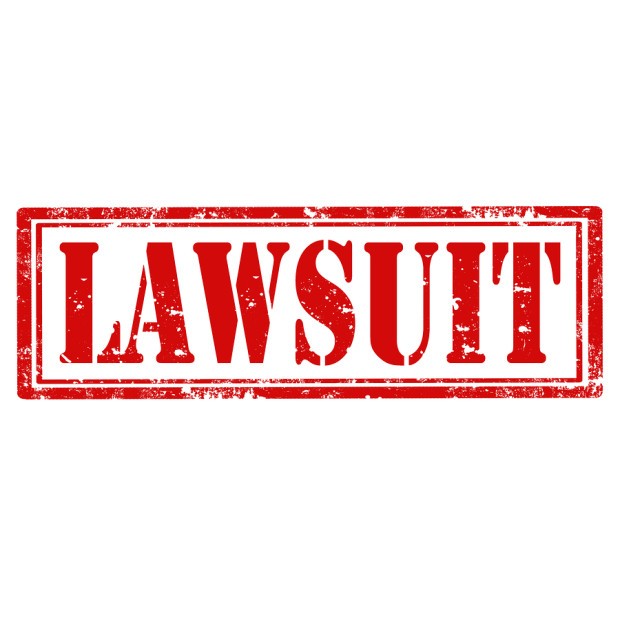A Minnesota dentist, an Ohio bridal shop and a New York pizzeria are among six small businesses that are the latest to sue insurers seeking compensation for business interruption claims due to the coronavirus crisis.
The lawsuits, which are class actions, have been filed against Aspen American Insurance, Auto-Owners Insurance, Lloyd’s of London, Society Insurance, Oregon Mutual Insurance, and Topa Insurance Co.
The plaintiffs include a San Diego restaurant and nightclub; a Cleveland-area bridal retailer; a Madison, Wisconsin bakery and cafe; a Minnesota chain of restaurants and bars; a St. Paul, Minn. dental practice; a Portland, Ore. restaurant; and a New York restaurant group and pizzeria.
Each of the lawsuits claims that the businesses purchased business income insurance coverage, which promises to pay for losses due to necessary suspension of operations. In all instances, according to the lawyers, these coverages “either included or did not expressly or effectively exclude losses caused by viruses such as COVID-19,” which caused state and municipal governments to mandate widespread business closures.
“Despite these facts, the insurers have, on a broad and uniform basis, refused to uphold their contractual responsibilities for losses suffered due to COVID-19, as well as losses caused by executive orders by civil authorities and any efforts to prevent further property damage or to minimize the suspension of business and continue operations,” the plaintiffs contend.
The plaintiffs argue that their property insurance policies are all-risk property damage policies that “cover all risks of loss, except for risks that are expressly and specifically excluded.”
The law firms bringing the cases are DiCello Levitt Gutzler in Chicago; The Lanier Law Firm in Houston; Burns Bowen Bair in Madison, Wisconsin; and Daniels & Tredennick is a trial firm in Houston.
Litigation has been building against insurers over coronavirus business interruption. The cases are part of a series of cases that has the property/casualty insurance industry publicly arguing that most business interruption or contingent business interruption policies require that there is direct physical loss or damage. The industry also notes that many policies also exclude communicable diseases, although there are some policies with coverage options for fungi, bacteria or virus.
There are also some business interruption policies that provide coverage if government denies access to a property.
President Donald Trump commented on business-interruption claims last week, stating that unless the policy excludes pandemics, insurers should pay and several states are considering legislation to force insurers to pay, although“
The cases include:
- Gio Pizzeria & Bar Hospitality, LLC and Gio Pizzeria Boca, LLC v. Certain Underwriters at Lloyd’s, London, U.S. District Court for the Southern District of New York
- Rising Dough, Inc., et al. v. Society Insurance, U.S. District Court for the Eastern District of Wisconsin
- Bridal Expressions LLC v. Owners Insurance Company, U.S. District Court for the Northern District of Ohio
- Caribe Restaurant & Nightclub, Inc. v. Topa Insurance Company, U.S. District Court for the Central District of California
- Dakota Ventures, LLC d/b/a/Kokopelli Grill v. Oregon Mutual Insurance Co.;U.S. District Court for the District of Oregon
- Christie Jo Berkseth-Rojas DDS v. Aspen American Insurance Company; U.S. District Court for the Northern District of Texas
*This story ran previously in our sister publication Insurance Journal.





















 Large Scale Cargo Ring Busted in LA, $5M Recovered
Large Scale Cargo Ring Busted in LA, $5M Recovered  Is Risk the Main Ingredient in Ultra-Processed Food?
Is Risk the Main Ingredient in Ultra-Processed Food?  State Farm Mutual to Pay $5B Dividend to Auto Insurance Customers
State Farm Mutual to Pay $5B Dividend to Auto Insurance Customers  High Court Ruling on Trump Tariffs to ‘Ease Uncertainty,’ Says AM Best
High Court Ruling on Trump Tariffs to ‘Ease Uncertainty,’ Says AM Best 















